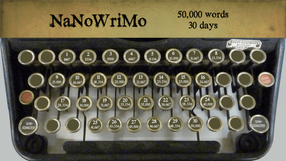
I’ll be the one jerking it around.
I’m doing that by hitting a high word count each day, mainly with the hope that I’ll finish my 50,000 words sometime mid-month.
That’s a lot easier than fretting over it.
Something that’s helped a lot is writing what I want to write.
But…shouldn’t you always do that?
Yep, but sometimes we get to writing things that we don’t really want to write, and in that regard, we shouldn’t write them at all.
I’m talking about the boring parts.
My books are full of them.
In fact, if you took all the boring parts from all of my books, you’d probably have a 3-book box set…at least!
So I try to cut down on that.
How can that be done?
My strategy this year was to skip right over to the book I wanted to write instead of finishing with the book I’m currently working on.
Considering this is like putting a Book 3 before a Book 2, that doesn’t make much sense.
But when it comes to cutting down on the boring parts, it does.
I mentioned in my monthly post that I wanted to write the book on mountain man Edward Rose but I was hung up on this book about Manuel Lisa’s money.
So I skipped over to Rose, got about 10,000 words on it, and now I think I’ll stick that right into the Manuel book.
This breaks up the boring parts, and if I’m real smart I’ll figure out a way to alternate POV chapters between the ‘boring’ downriver parts with Manuel and the ‘more exciting’ upriver parts with Rose
That’s the idea anyways.
If this makes no sense to you, that’s fine – I’ve found that writing about my current work in progress when I’m stuck will actually help me get going again.
It’s kind of like I confess what’s not working, get over it because of that, and then move on to solve the problem.
In that regard, I think one of the best pieces of NaNo advice is to skip to the parts that are interesting or excite you.
Many times you can skip that chapter you think needs to come next, that kind of filler/explainer chapter where people talk, or travel, or generally do nothing but waste a few pages of the reader’s time.
Lots of times you can make that whole chapter just a sentence or two, maybe a paragraph.
But what if it’s good prose or narrative?
What if it’s not?
I find that people want suspense, thrills, action, and adventure.
Maybe not the adventure part so much, as that’s often the boring parts in between the suspenseful, thrilling action.
So you need to find balance. The more you write, the better you get at this.
Another great piece of NaNo advice is to constantly throw problems at your characters.
I’m doing this now with Rose, where he gets attacked, then wounded, then weak because of it, attacked again, and then more bad stuff happens.
When you can make your characters the victims of circumstance, it often works.
- They don’t know what’s going on, they can only react.
- They don’t know what’s coming next, they can only react.
- The readers sure don’t know what’s about to happen, so they keep turning pages.
But…how do you know what problems to throw at the characters?
Personally, I find writing out a two-to-three sentence outline of each chapter to be useful.
I call these ‘chapter starts’ and that’s another piece of NaNo advice – write a couple hundred words with just that.
It’s easy…write a chapter title and put something under it.
Anyways, those are just some thoughts for this year’s NaNo.
I try and do all my words first thing in the morning and so far I’ve been doing well with that.
How about you?


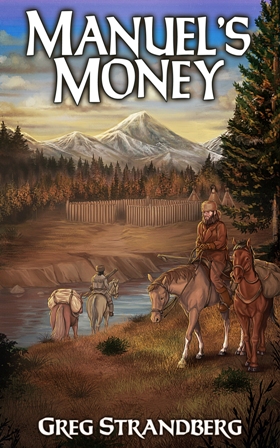
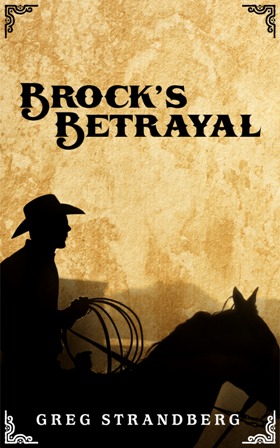
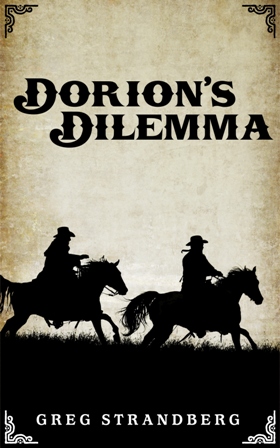
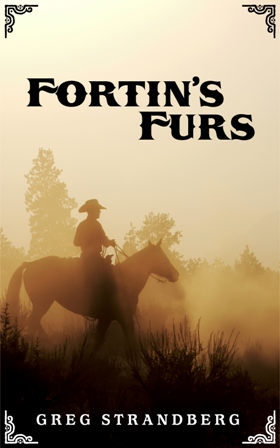
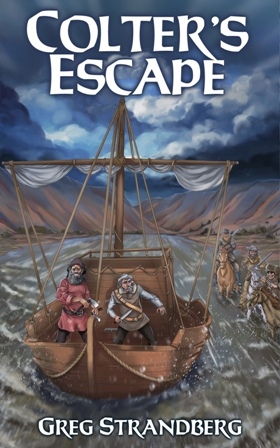
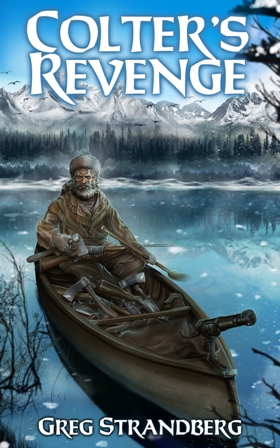
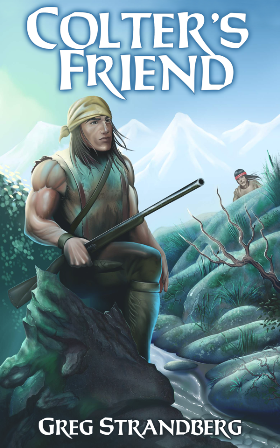
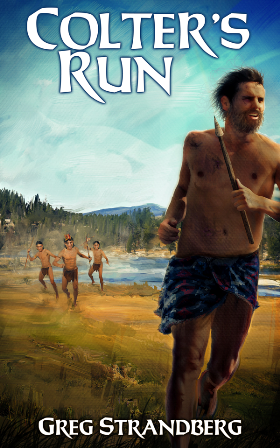
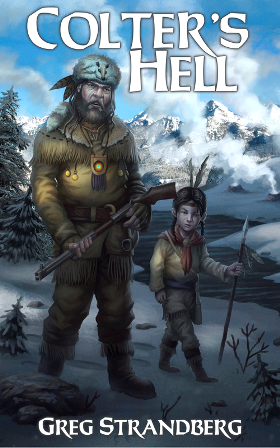
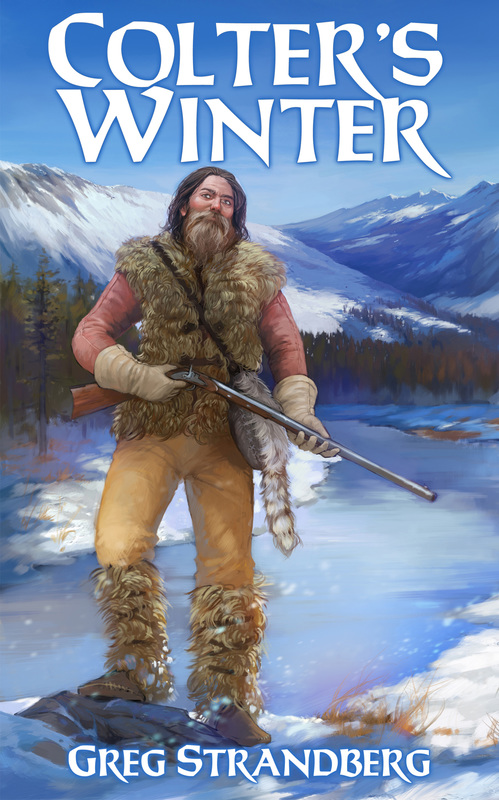
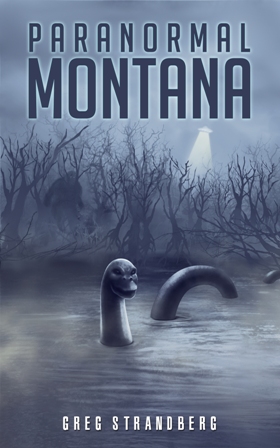
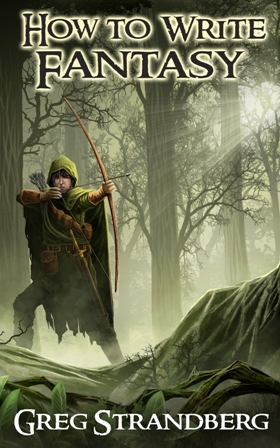

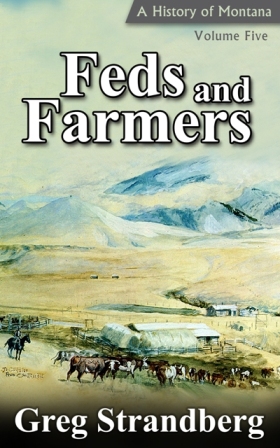
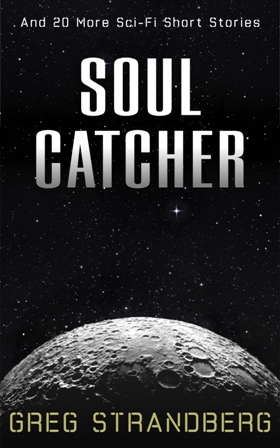
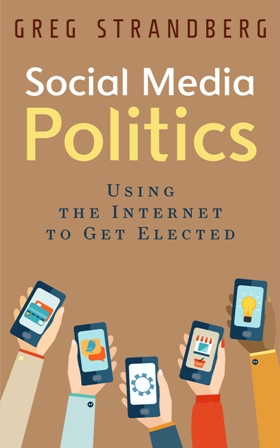


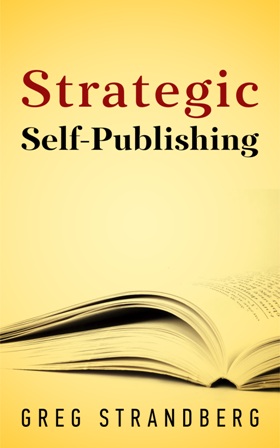
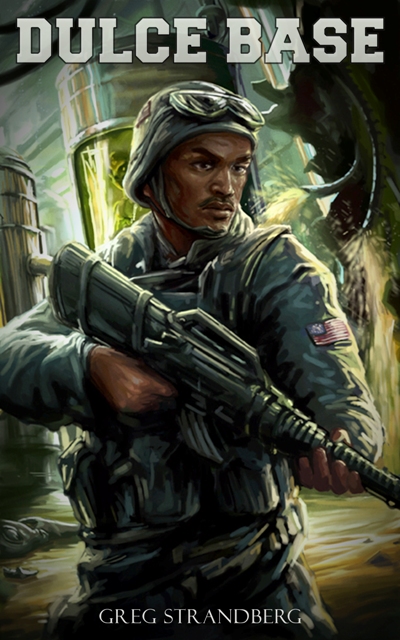
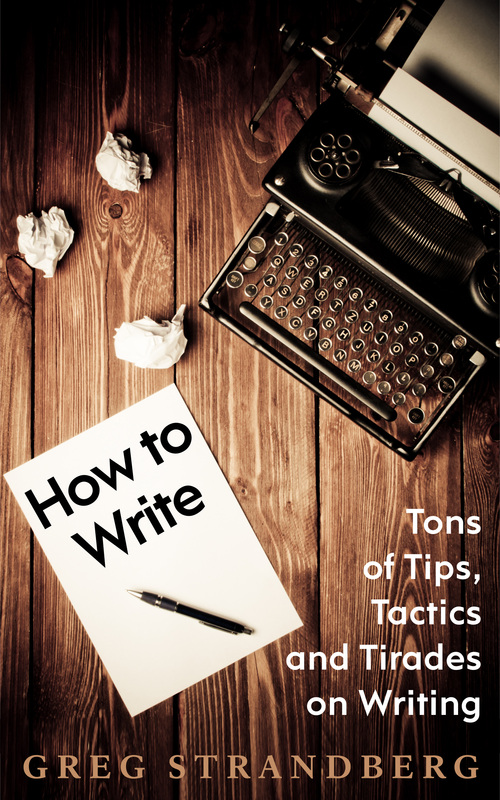
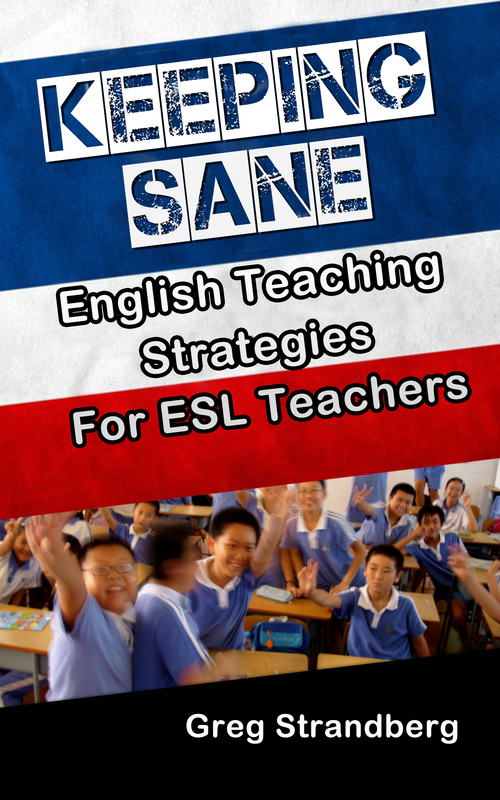
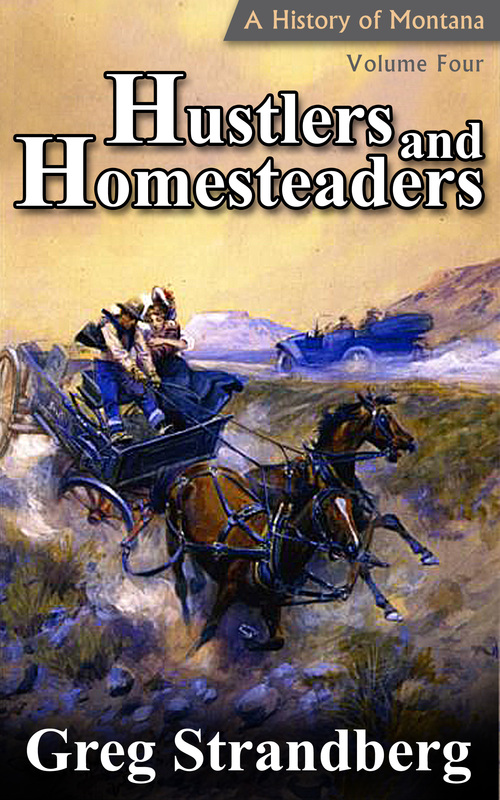
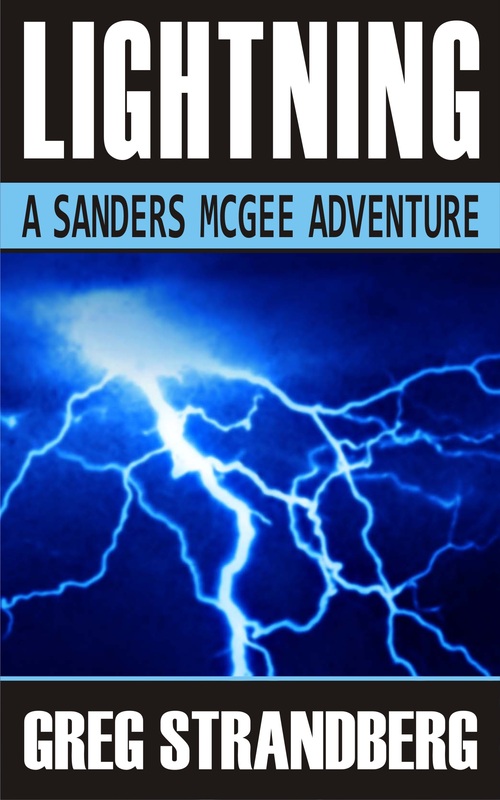
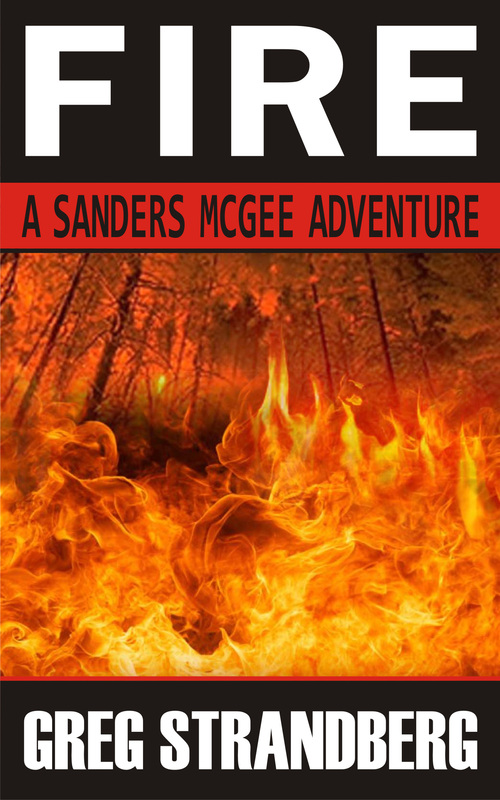
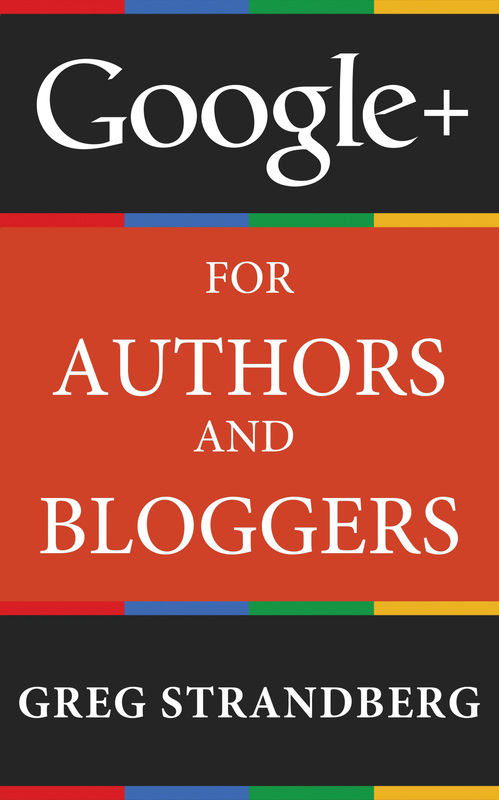
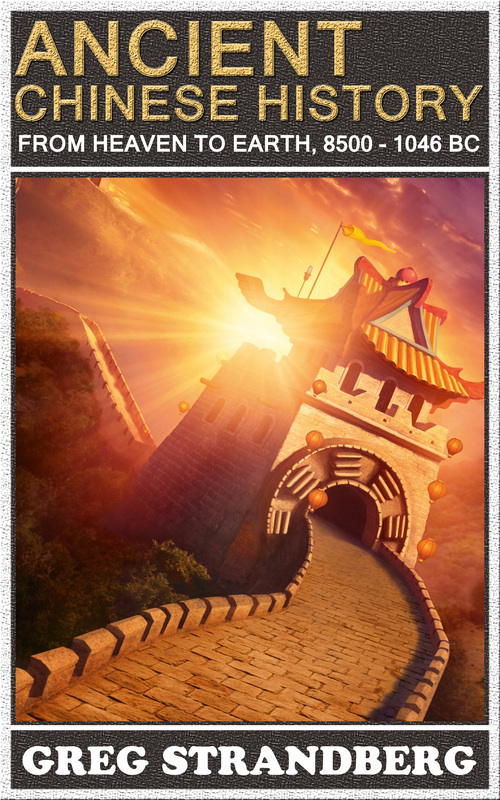

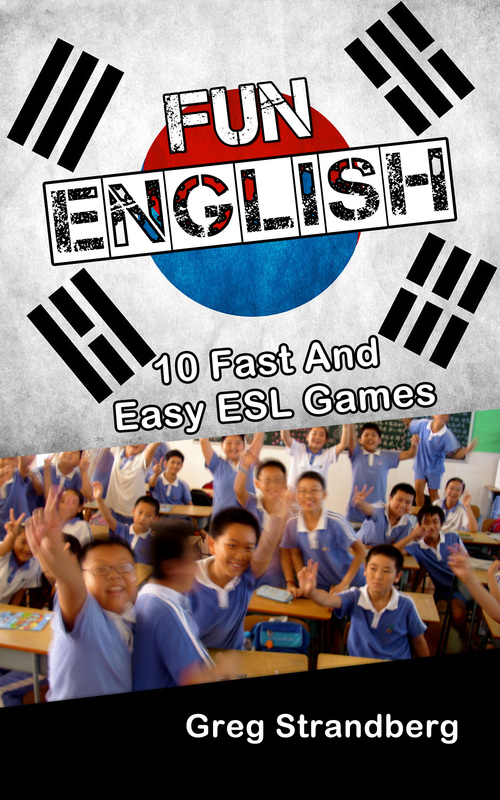
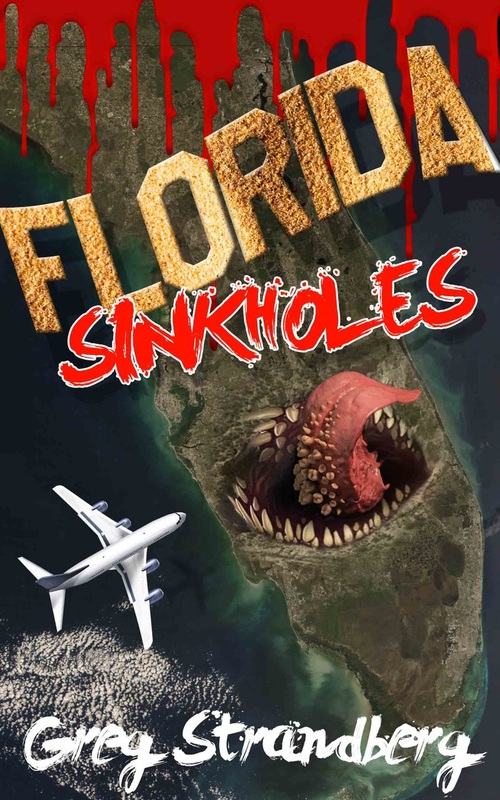
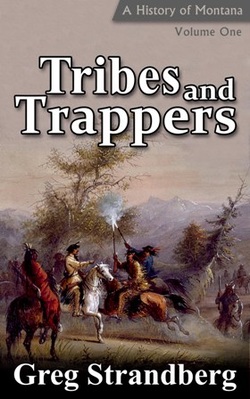
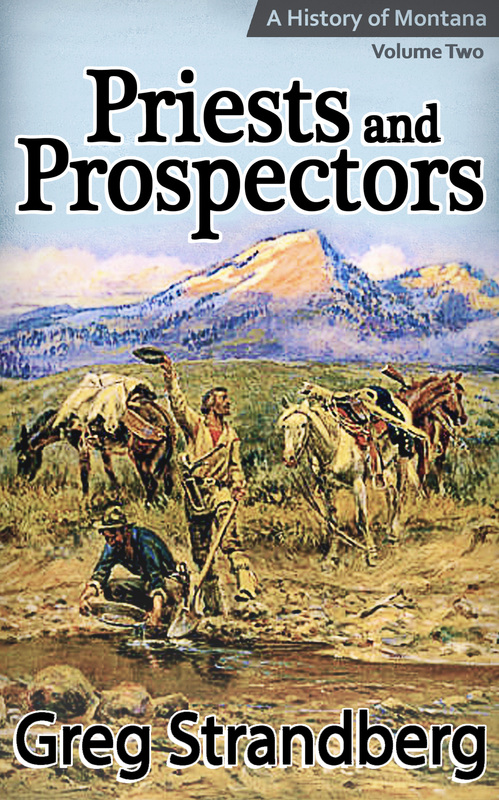
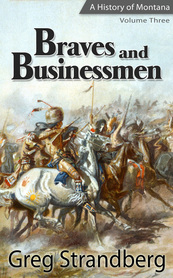
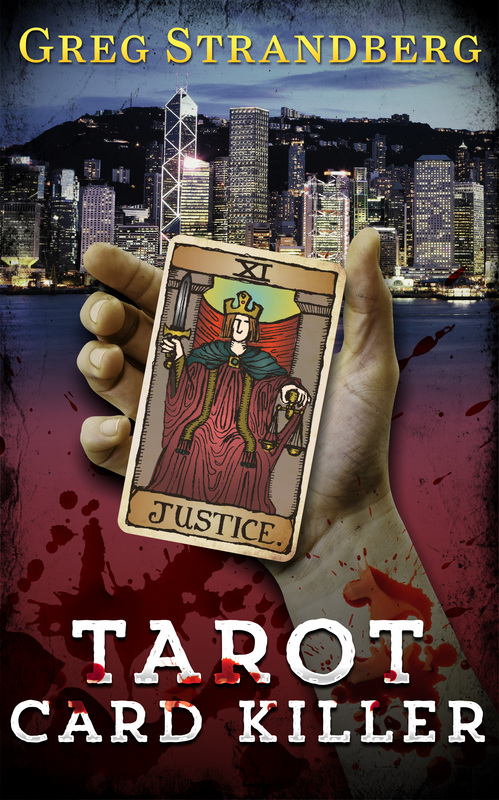
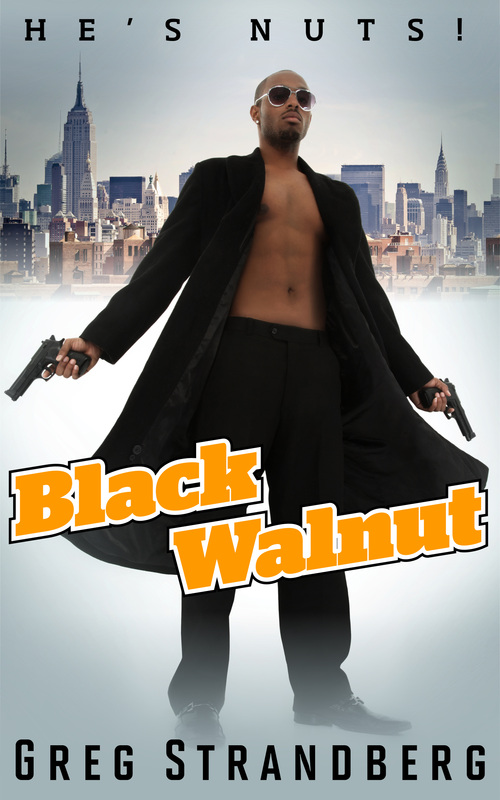
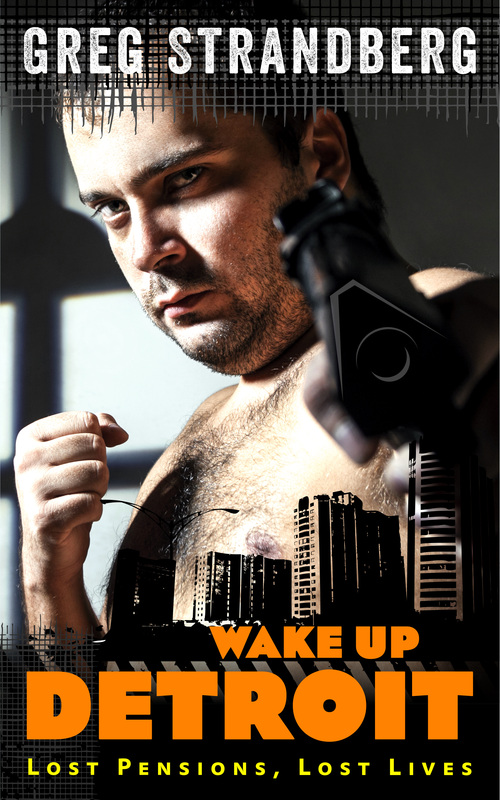
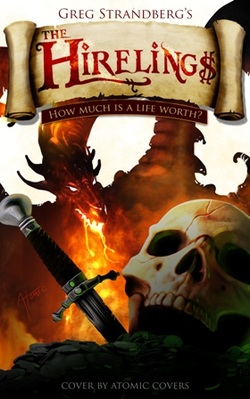
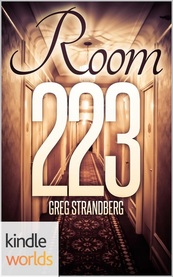
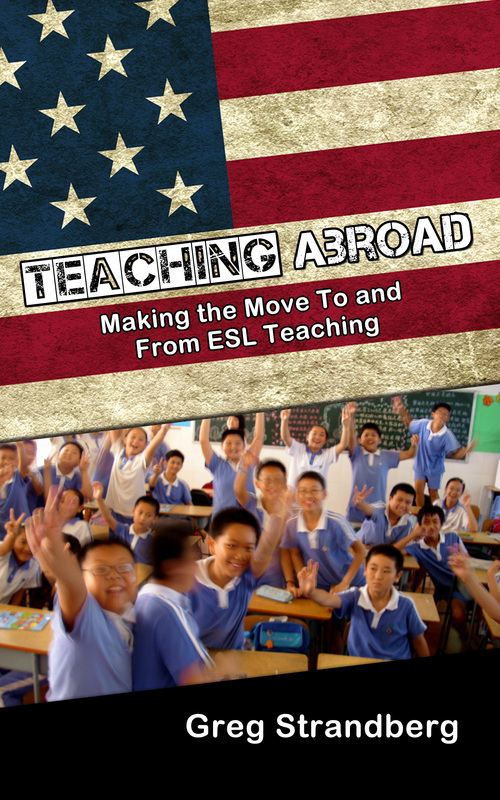
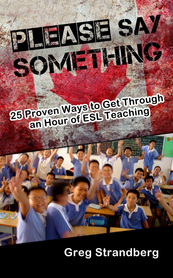
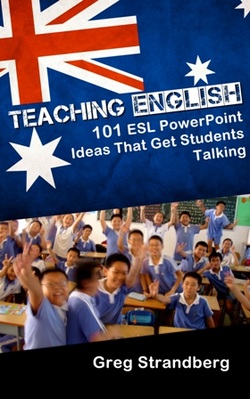
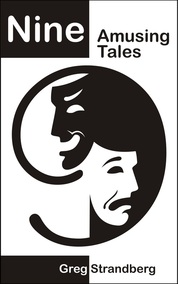
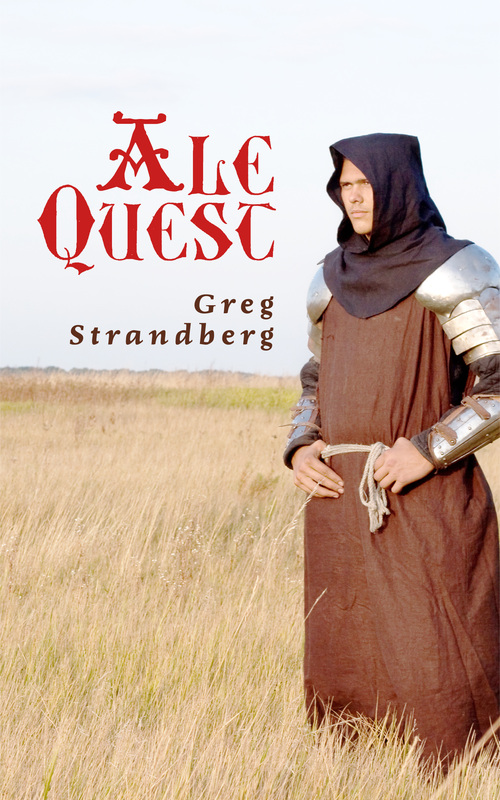

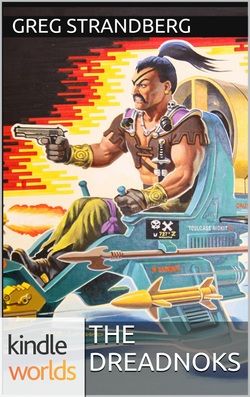
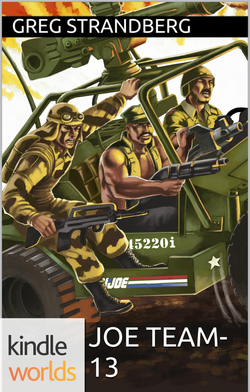
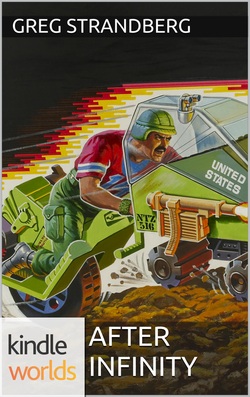
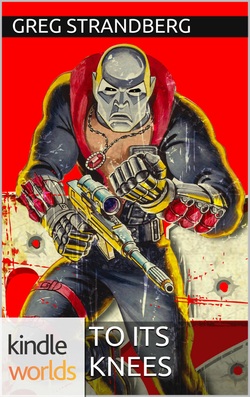
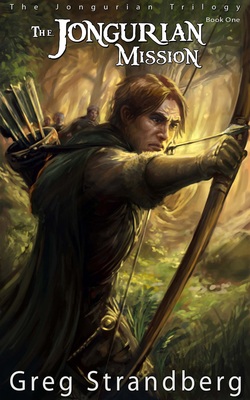
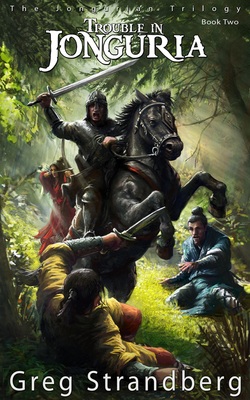
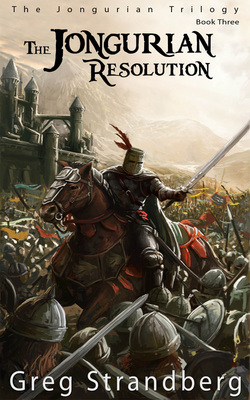
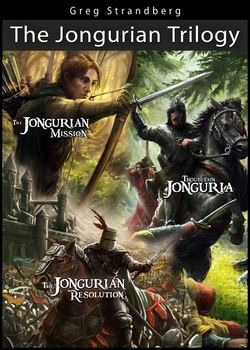
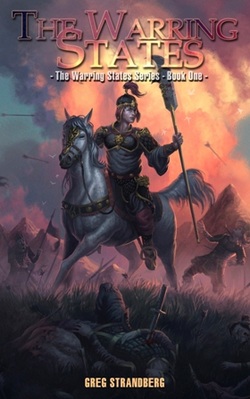
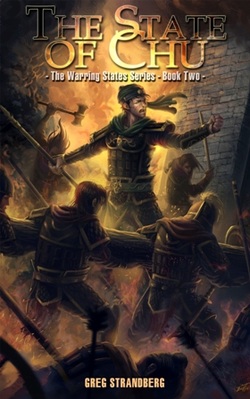
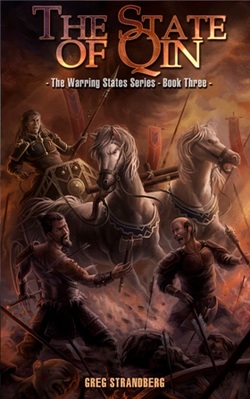
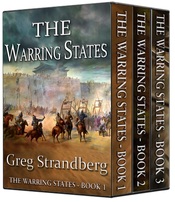
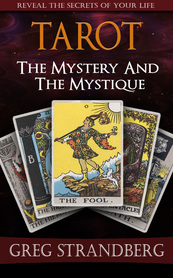
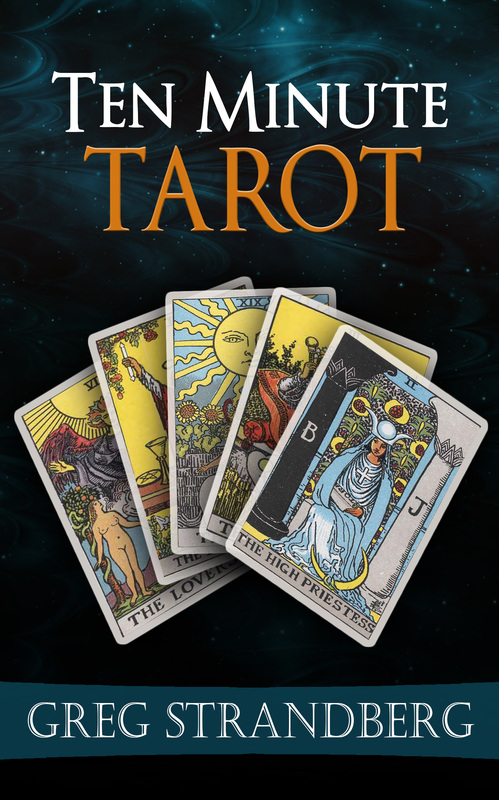
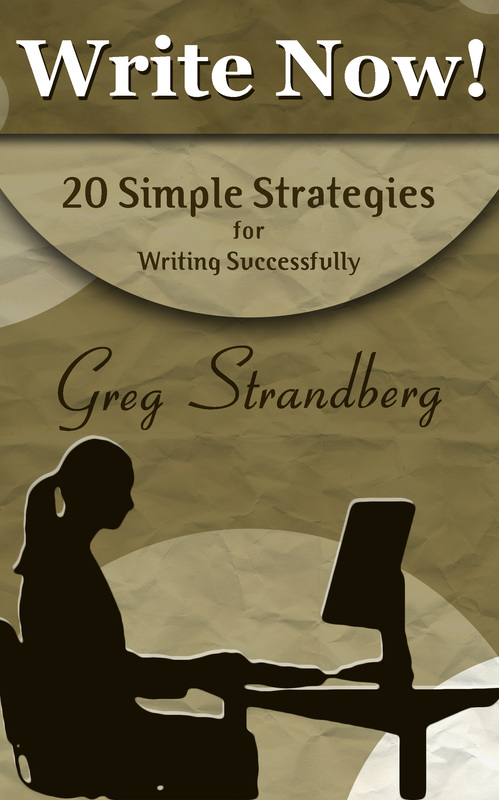


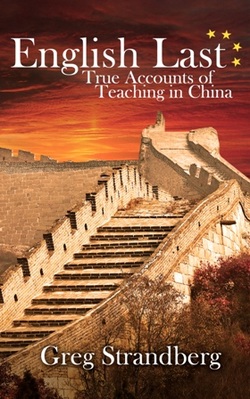





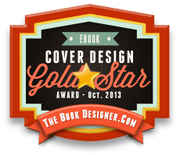


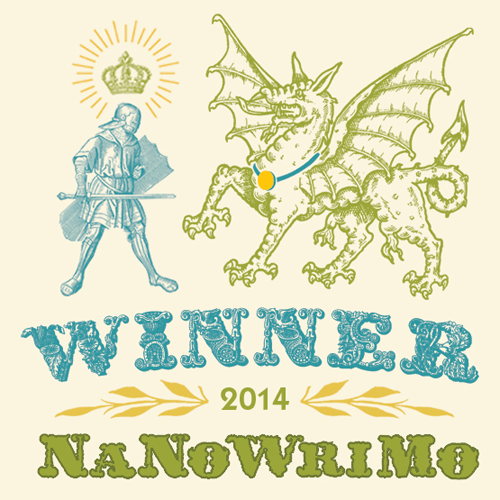
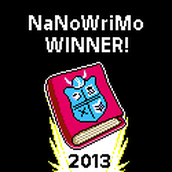
 RSS Feed
RSS Feed